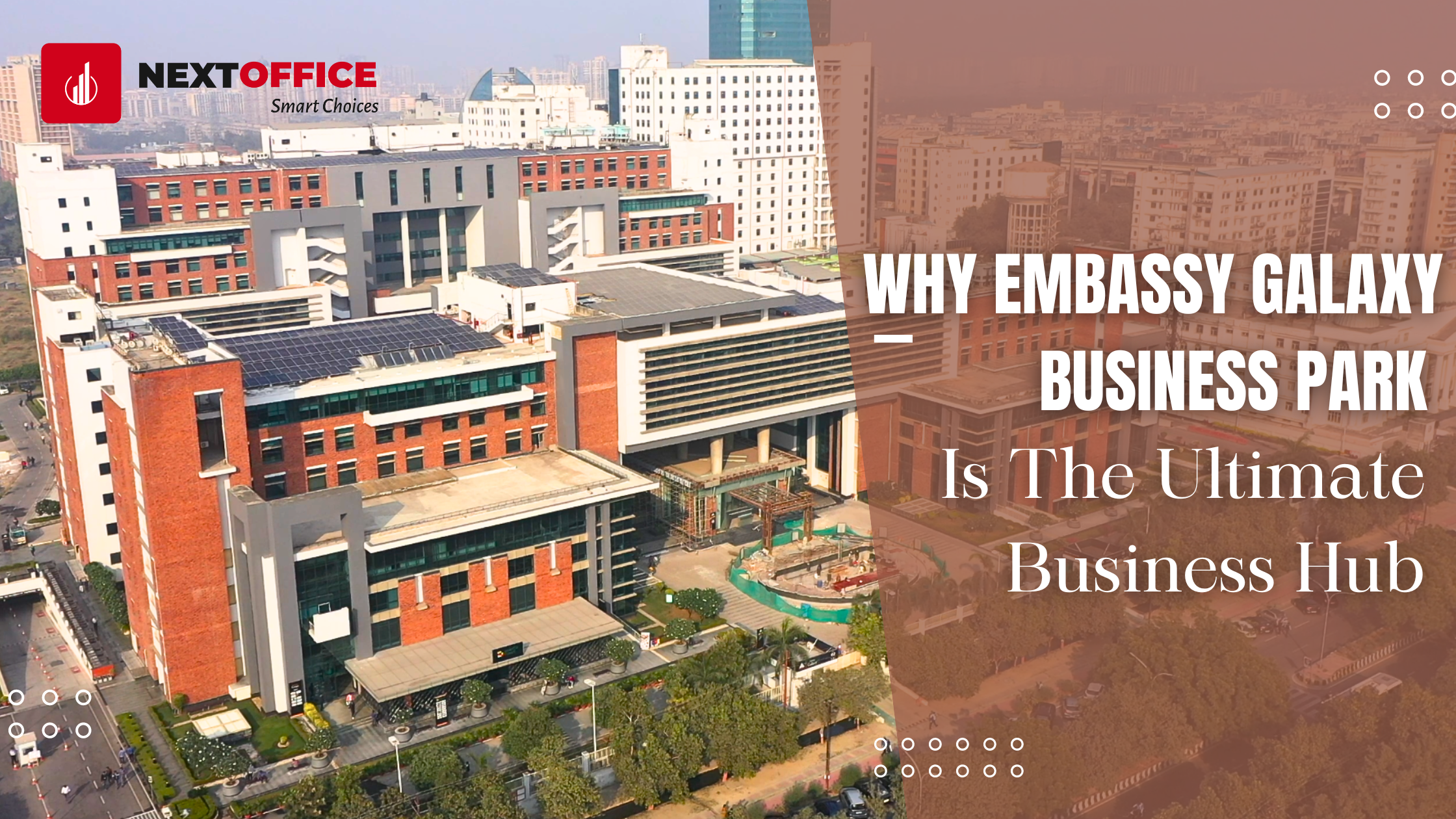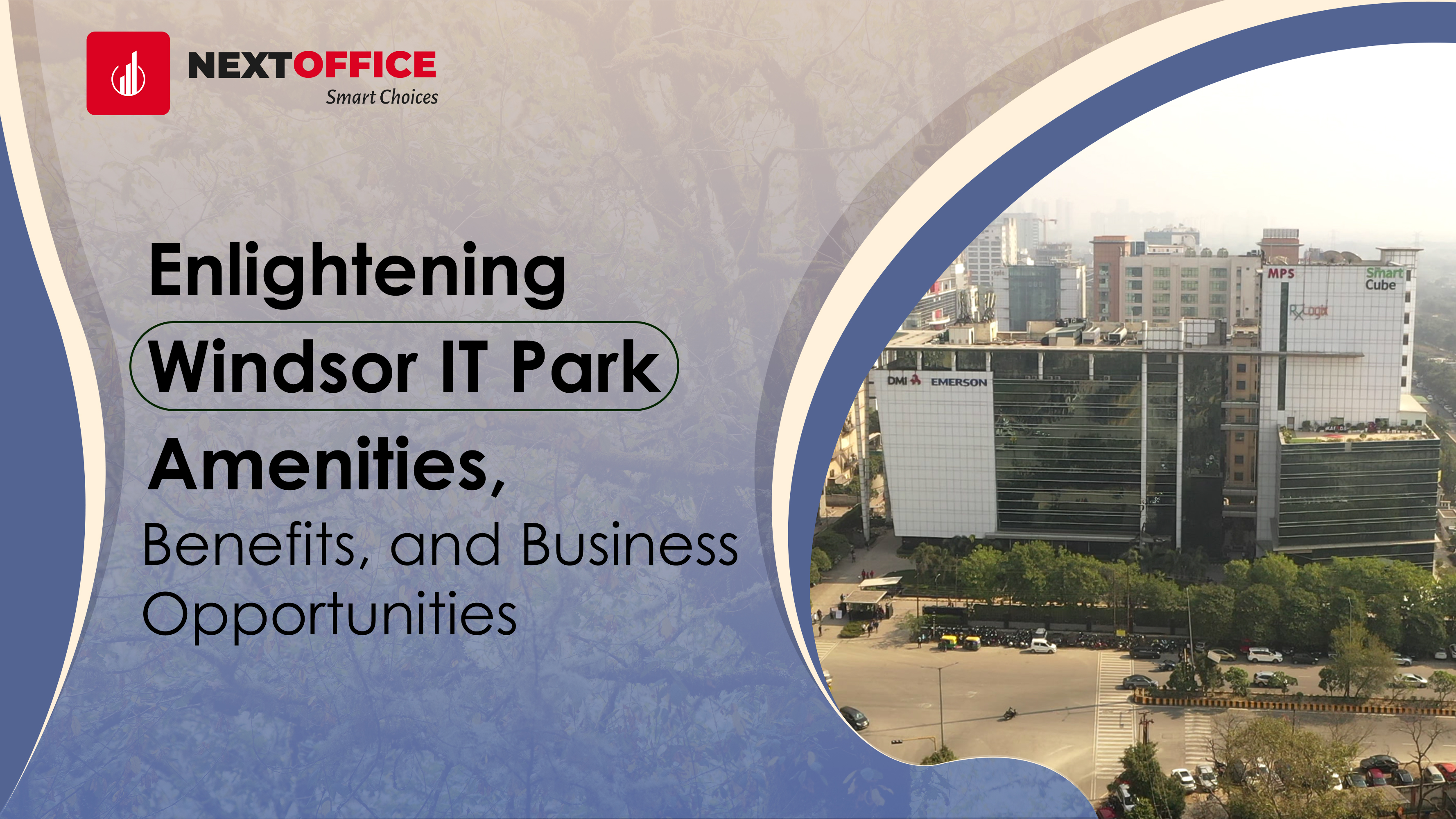
Welcome to NextOffice
Are you sure you want to close this?
Welcome to Next Office. It’s a delight to see you here.
What are you looking for?
Office
Space for
Rent
Awesome,
We can
certainly help you there
Could you
tell us
the
location of your
choice?
Great to
know &
we would
be delighted to
serve you.
Could you
kindly
let us
know the location of
your office
Noida
Oh, We
have
plenty of
great options for you.
Could you tell us
whether you would like to go for a
Conventional office
Great, We
have the options
ready to share.
Can
you
kindly share your
contact details, so that we
can share
our proposals.
It will be a pleasure to know your requirement in details
May
we know your contact details

Thank you for your enquiry!
Our executive will contact you shortly.
Contact Us :
info@nextoffice.in
011-43099249



.png)

.png)